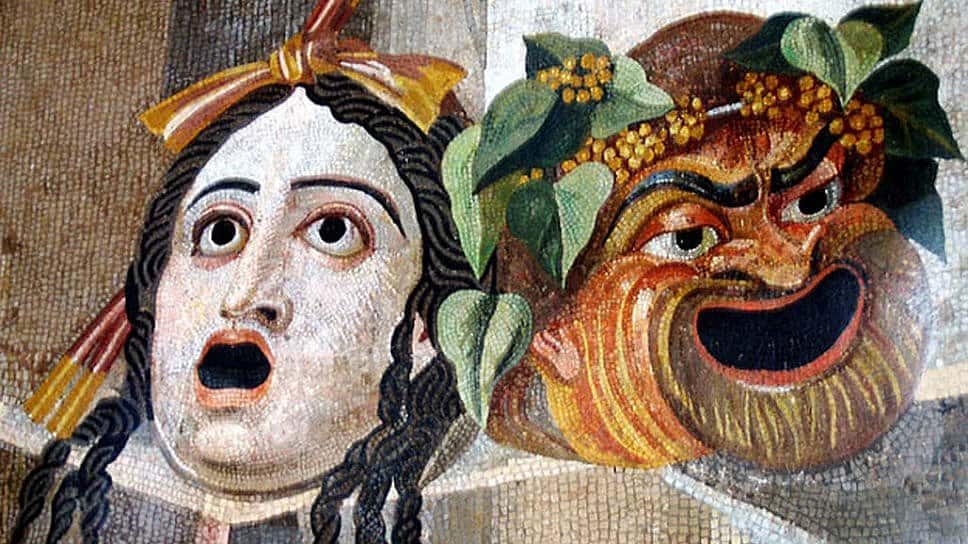Recently, I was watching a movie titled, “The Lost City of Z.” The movie was nice and I had read the book too. It’s based on a true story.
The story is about an Englishman, Major Percy Fawcett, who goes to the Amazon rainforest in the first decades of the 1900s. The first time, in 1906, he goes to survey the border between Brazil and Bolivia and during this trip he hears about a lost city, which he called “Zed” (“Z” for us Americans), which is full of gold. During his third trip, around 1923, he takes his son, Jack, and the two go off in search of the city, fame, and fortune, never to be heard of again. Sorry for the spoiler.
In the movie, during the scene where Percy and his son are saying good-bye to Percy’s wife (Jack’s mother) and two other small children, the family is acting very proper – very British. They hug slightly and Percy tells his younger son that he and Jack will be gone for about three years. The younger son says, “I shall certainly miss you, father,” which is said with a stiff upper lip. There are no tears. I do not doubt the authenticity of this scene since British pride and properness was abundant at that time.
I’m looking at the scene thinking how sad, but then the scene starts gnawing at me. Something’s wrong with this scene. I’m trying to digest how this family, which will be torn apart for three years, and Percy and Jack may not make it back alive, act as if it’s just a day-long canoe trip down the Brandywine River. Something doesn’t feel right.
Then I realize the problem. There’s no klamata – no tears.
Why? Because they’re British, not Greeks. Can you imagine if this was a Greek family? It’s not Percy and Jack. It’s Aristoklis and Yianni.
The first thing would be the wife giving the stern “ohi,” you’re not going and you’re certainly not taking my boy away for three years in the jungle. He won’t have clean underwear and who’s going to feed him? There’s no fasolada in the Amazon! No feta cheese in the jungle! And certainly, no spanakopita with hand-made, rolled-out filo! The boy needs to eat.
The next item on the list of items of a Greek mother would be, my boy is not going anywhere where there are topless natives running around – no way. He’ll get caught up with one of those native women and bring her home to meet mom. “A xeni in my house,” she’ll say, “not happening, pedi mou.” First, mom will say the girl’s not from our village. Second, she’s not even Greek, she’s an Amazon and not the Ancient Greek kind. Next, she’s not Greek Orthodox – in fact, she probably still eats people. Finally, she doesn’t know how to make a good pastitsio or kourambiedes. How are we going to communicate with her family? They’ll probably bring a Bunt Cake when they visit, or something worse. Yuck!
She’ll look at her husband and shake her head, and say, “What are you thinking, vlaka?” Then go into a tirade about everything that can go wrong on a trip like this. She’ll accuse him of planning this trip just to get away from her. When she says this, he’ll deny it, but you know he’s thinking, “three years away from Medusa, here.” Of course, his face doesn’t relay any happiness but just denial. We have all been down that road.
Finally, when all the yelling, accusations, and screaming is done, she’ll relent and allow the two to go on their excursion. Then the real stuff happens. The klamata – bursts of crying. On and on and on. Enough tears to fill a river.
“To pedi mou, my boy, to pedi mou,” she’ll keep saying as she’s stroking his hair. The husband is just trying to leave, the wife continues crying. Hey, it’s Greek drama. The drivers, who are in the truck waiting for the father and his son to finish their ordeal, are smoking cigarettes shaking their heads and saying, “Look at that…,” and you know the word that fits in that sentence.
After another fifteen minutes, Aristoklis and Yianni get into the truck and try to make a fast get-away, but just as they are about to leave, the mother comes running after them screaming, “Yianni! Yiannaki!” She forgot to give her son a cross and, of course, the blue mati to ward off someone giving him the mati and making him ill. She doesn’t realize that the mati is not the problem in the Amazon. Other things will make him ill such as the water, the food, no food, the natives shooting poison darts, headhunters, rain – it is a rainforest, snakes and other despicable creatures, piranhas, bandits, leeches, contracting malaria or yellow fever, and a slew of other disgusting stuff located in that fabulous place.
Hmmm, our Greek father and son are now thinking about it. All this klamata. Maybe mom has a point. Maybe mom is not that dumb. Maybe Aristoklis and his son, Yianni, should just stay home. Good idea. Tend to the sheep, make some tsipouro, and leave the Amazon to the professionals, like Major Percy and his son, Jack. Too bad Percy and Jake didn’t have a Greek wife and mother. If they did, they may have just stayed home too and the City of Z would be left to the natives.



